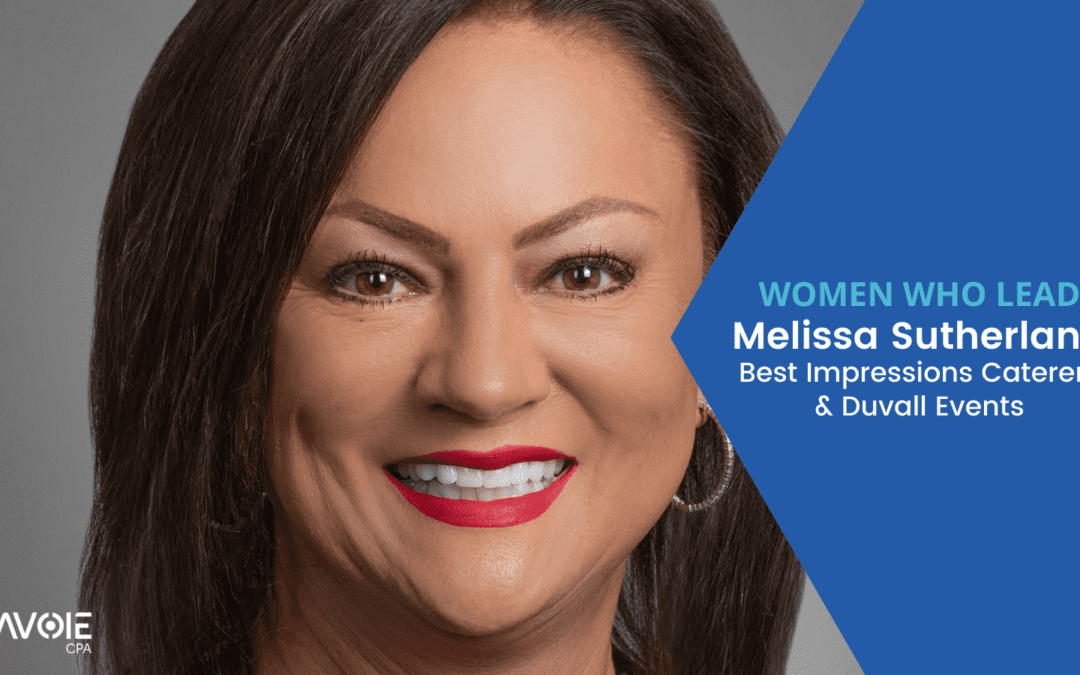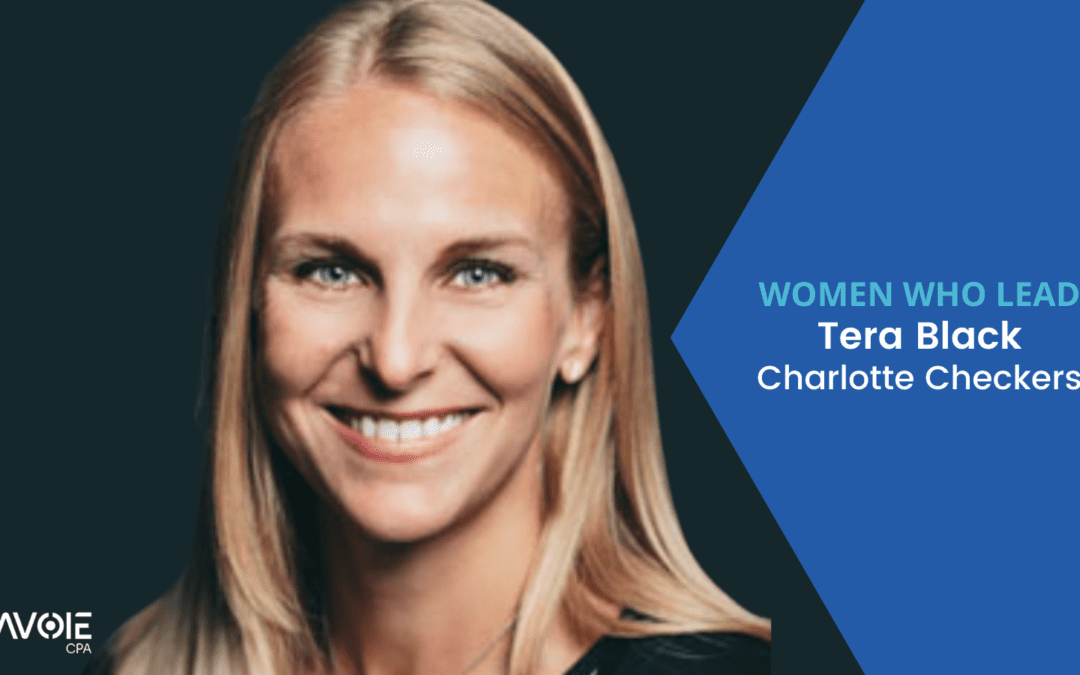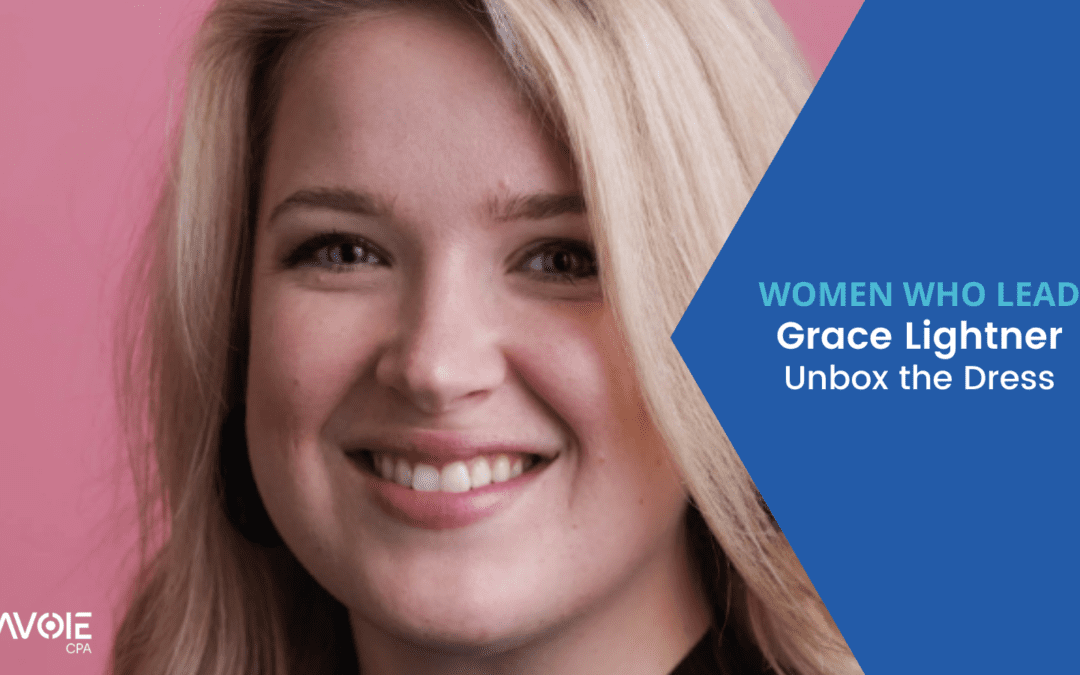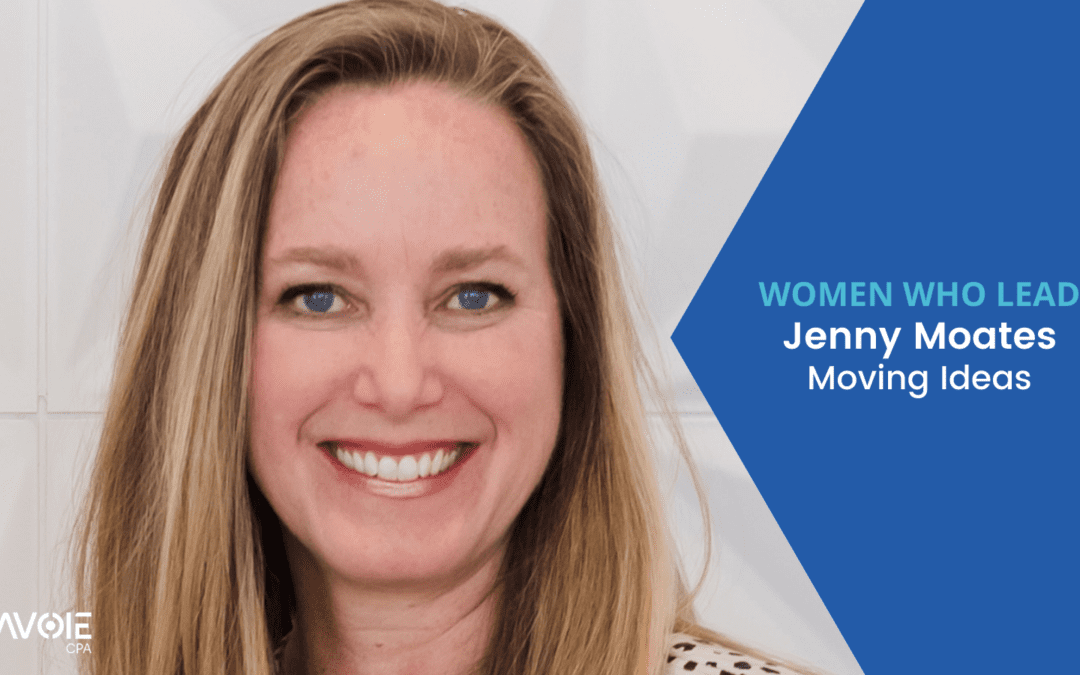
Women Who Lead: Melissa Sutherland with Best Impressions Caterers and Duvall Events
Each #WomenWhoLead feature will be showcased on a wall mural in South End Charlotte. If you know a woman leader who you want to feature on the wall, please click the button to nominate her.
Melissa Sutherland didn’t see what was on the horizon. None of us did. So when she left her executive-level position at Bank of America in 2019 to serve as COO/CFO of Best Impressions Caterers and Duvall Events, she unknowingly stepped into an industry that would soon be rampaged by COVID-19.
“In March 2020, we slammed the brakes on everything we were doing,” says Sutherland. “Zero exaggeration here, we went from being the largest and best caterer in Charleston and Charlotte to doing nothing. We’re still in recovery mode.”
Sutherland weathered the storm by remembering to “enjoy every moment” and volunteering to better her community. We spoke with Sutherland to hear more about her career in corporate America, her transition to the hospitality industry, and what it takes to find success professionally and personally.
Can you talk about your career before coming to Best Impressions Caterers and Duvall Events?
I was with Bank of America for almost 28 years. I did a number of roles there. I started in finance and when I retired I was the Senior Vice President of Corporate Services. That position involved managing corporate travel, meetings & events, food services, corporate aviation, and other corporate services that supported all of the bankers.
When I retired, I decided to make a career move. I knew I wasn’t the type of person who could just sit around but I wasn’t sure what I was going to do. Then this opportunity to grow a small company came up. It was the right time. I went from a very large corporation to a very small company. It was a culture shock to start with, but it has been great to get into something more targeted.
You’ve worked in the banking world for decades and are now a CFO. Have you always been passionate about finance?
It’s funny. When I was first trying to decide what I wanted to do when I grew up, I wasn’t interested in finance at all. But in high school, I started doing a lot of the invoicing and payables at a company. One day, the man who owned the company sat me down and said, “Look, if you get your accounting degree and go down that path, there’s huge uptake.” He helped me think about my career trajectory.
When I later started at Bank of America, it was actually North Carolina National Bank — a very small, North Carolina-based bank. I started as a clerk. The company then did many acquisitions and I was able to grow with it. But honestly, I’ve never applied for a job in my life. Every single position that I’ve moved into was presented to me. I was in the right place at the right time.
Being at the right place at the right time may have helped, but surely you have a secret for climbing the corporate ladder?
A lot of it has to do with work ethic. You have to care about what you’re doing because it shows. If I think about the type of person I want on my team, it’s somebody who gives 150 percent and who cares about what they do. So that’s how I have always presented myself. If I was going to do it, I was going to give it 100 percent and more. Quite honestly, that’s why people have sought me out for roles during my career.
Can you provide an example of when you went above and beyond?
More than long hours or late nights, I was just passionate about whatever I was doing at the time. I immersed myself in whatever my responsibilities were. People would say, “Just give it to Melissa and it will get done.” I became that person.
Would you agree that finance is a male-dominated field?
Definitely. But today, you see more females than ever before who have the support of the companies they work for. They are filling roles that, in the past, were entirely male-dominated. You never used to hear of a CFO who was a woman. It was very rare. But the world has changed so much. We still have a ways to go — there’s no question about that — but women have a lot more respect today than they had in the past.
There’s also a clearer understanding that you can be a mom and work. You can do both and you don’t have to feel bad about it. Companies now recognize the need for balance and will work with you. Technology has helped tremendously because now women can work from home if they need to. When my kids were born 27 years ago, it wasn’t like that. I felt guilty a lot — if I worked late or went in early or had to miss a school function. Now, there are ways you can stay connected without being right there in the office.
I have come to realize that we need to be more flexible with people, both with moms and dads. Some of the advice I always give my mentees is that you need balance. While I put 110 percent into everything I do, I still need balance so I don’t get burned out. I need balance so I don’t miss the important things in life.
Earlier you mentioned that it was a culture shock moving from a large corporation to a smaller company. How did you adjust and adapt?
It took time to understand the new environment. When you’re in a very large corporation, there’s a huge work structure that you don’t necessarily have in a small business. I wasn’t used to that. I had to learn how to do things with a much smaller team. I also had to understand that just because it worked at Bank of America, didn’t mean it was going to work here. I had to listen and push back where appropriate, but also be a team player.
Of course, there are very positive aspects of a smaller team. It’s a more intimate setting. You get to know people on a more personal level. Compared to working with 10,000 people, it feels like a family.
Listening is such an important but underemphasized skill, especially in the business world.
Definitely. In my situation, it was about listening and slowly making changes. It took time to get people on board with the change. It was important for employees not to feel like I was doing this to them but rather with them. That made a big difference.
Why is it important for professionals to give back?
You should share your success and experience somewhere it is needed but can’t necessarily be afforded. I always encourage other people to get to know their community.
How have your philanthropic efforts changed you as a leader?
They have given me perspective. Working with the Kidney Foundation, for instance, has shown me that there are people who are on dialysis and waiting for a transplant, yet are still trying to work. Volunteering helps me better support the people in my work life because you never know what’s going on outside of the office. I was able to see that after having been involved in different community efforts.
What advice would you give your younger self?
Enjoy every moment that you’re in. Remember that work is important but so is life itself. I’ve immersed myself in work and put in long, hard hours. There have been times when I felt like I missed out. But I don’t know where I would be if I didn’t do that. So the biggest piece of advice is just to strike a balance.
I also encourage other women to get involved with nonprofits or community efforts. I try to stay involved. I chaired the board for the Kidney Foundation for nine years and, about a year ago, started the North Carolina State Highway Patrol Foundation. I worked with the colonel to start the foundation because there’s such a need for support. For example, there was an officer who had been shot. The family was there at the hospital with the officer and was spending the night. But you can’t use state funds for hotel rooms or even, in this case, to buy the family a meal. We’re now fundraising to support fallen or injured officers and their families. We’re also fundraising for equipment and training.




